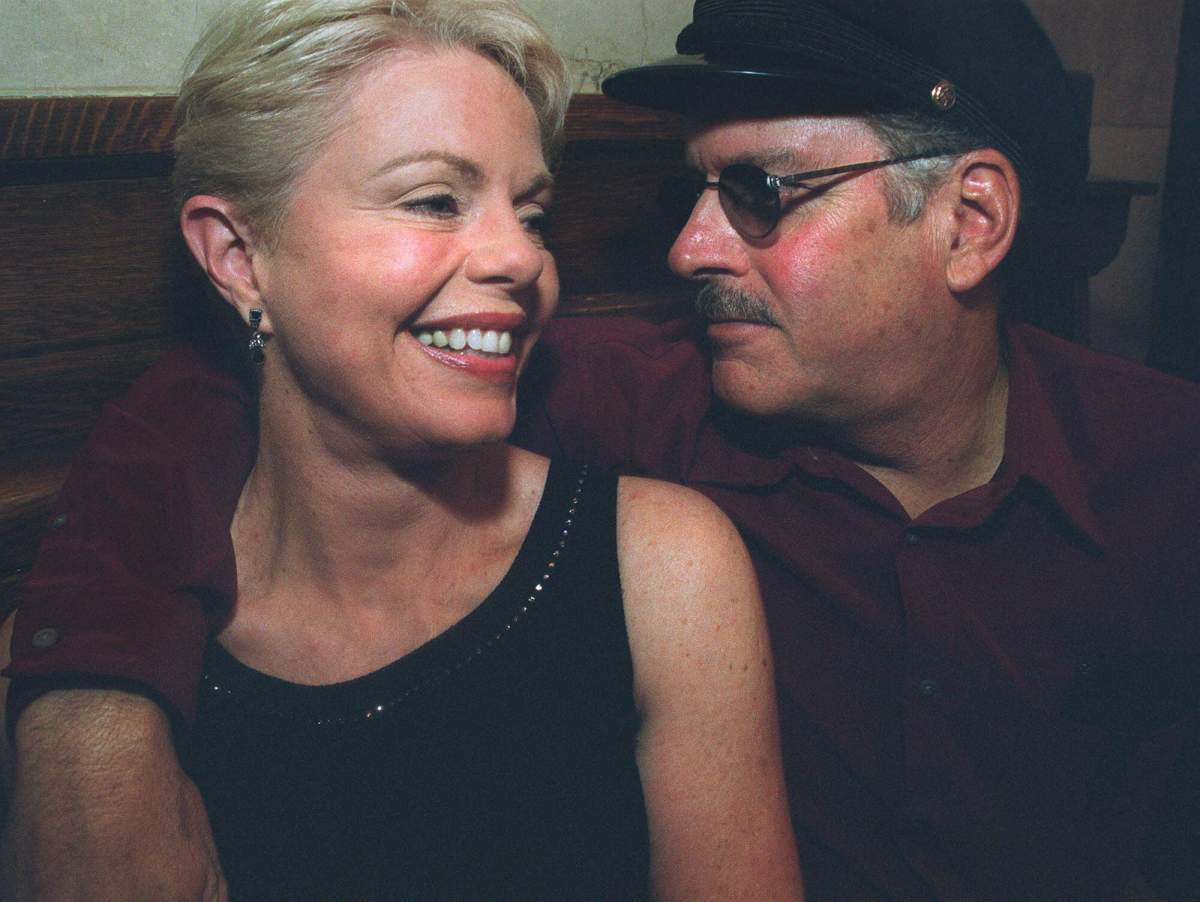LOS ANGELES – Singer and pianist Daryl Dragon, best known as “The Captain” of 1970s soft rock duo Captain and Tennille, has died at the age of 76, his publicist said on Wednesday.

Dragon died of kidney failure in Prescott, Arizona, on Wednesday, publicist Harlan Boll said in a statement.
Captain and Tennille were best known for their Grammy-winning 1974 hit song “Love Will Keep Us Together, as well as the hits “Muskrat Love” in 1976, and “Do That to Me One More Time” in 1980.
They also hosted their own television variety series from 1976 to 1977.
Toni Tennille, who married Dragon in 1975, was with him when he died.
“He was a brilliant musician with many friends who loved him greatly. I was at my most creative in my life, when I was with him,” Tennille said in a statement.

Get breaking National news
The couple divorced in 2014 but remained friends.
Tennille said in a 2010 blog post that Dragon was suffering from an unspecified neurological condition that gave him hand tremors, seriously affecting his ability to play keyboards.
Dragon said in 2017 that his problems were a result of medication and that he was better.
Dragon was a classically trained pianist but preferred to play blues and boogie music instead of Bach and Beethoven. He played with Fats Domino and B.B. King and was also a backup keyboard player for the Beach Boys in the mid-1960s and early 1970s.
It was with the Beach Boys that Dragon got his stage name, thanks to his habit of wearing a ship captain’s hat while performing.
He met Tennille when they both toured for the Beach Boys, and they began performing together. They signed a record deal in 1974, releasing “Love Will Keep Us Together,” which held onto the No. 1 spot on the charts for eight weeks in the summer of 1975. Captain and Tennille also toured England, Australia and Japan.
In 1976, they sang at the White House during the bicentennial celebrations of the American Revolution.
Wednesday’s obituary notice said that at Dragon’s request there would be no services, and suggested donations to organizations conducting research into neurological conditions.
(Reporting by Jill Serjeant)
- Kid Rock to headline ‘All-American’ alternative Super Bowl halftime show
- ‘Today’ host Savannah Guthrie’s mother abducted from home, police believe
- Alleged ransom notes sent to news outlets as Nancy Guthrie search enters 4th day
- ‘Today’ show host Savannah Guthrie’s mother missing, home declared ‘crime scene’










Comments